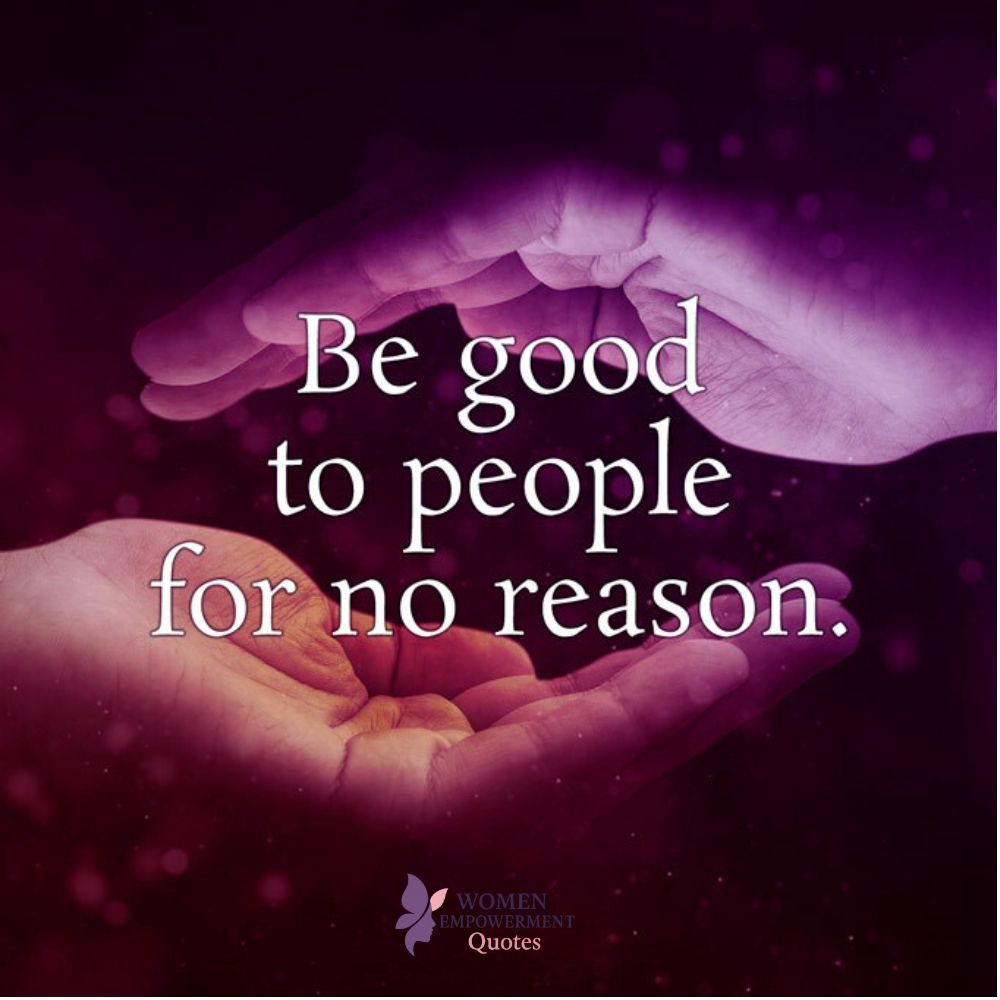
The Heart of Selfless Giving
Unconditional kindness—extending goodwill without expectation of return or recognition—represents one of humanity’s most profound expressions. When we offer kindness simply for the sake of contributing positively to another’s life, we tap into something extraordinary. This approach enriches not only those around us but transforms our own inner landscape, creating fulfillment that transcends material rewards.
The Science of Kindness: How Compassion Shapes Our Brains
Research consistently demonstrates that acts of kindness significantly impact our mental and emotional wellbeing. When we extend ourselves to others:
- Our happiness and life satisfaction increase measurably
- Stress hormones decrease while “feel-good” neurotransmitters rise
- Emotional resilience strengthens in the face of challenges
- Our perspective broadens, making personal problems feel more manageable
Neuroimaging studies reveal that altruistic behaviors activate key brain regions including the prefrontal cortex, amygdala, and anterior insula—areas associated with decision-making, emotional processing, and empathy. The release of oxytocin (the “bonding hormone”) and dopamine creates natural rewards that reinforce our generous impulses.
Altruism: The Science Behind Selfless Concern
Altruism—defined as selfless concern for the wellbeing of others—manifests through acts of kindness, generosity, and occasionally self-sacrifice without expectation of return. Though seemingly counterintuitive from an evolutionary perspective, scientists have identified several mechanisms that explain why altruism persists:
- Neural foundations: Specific brain circuitry supports empathetic responses and moral decision-making
- Evolutionary advantages: Theories like kin selection and reciprocal altruism explain how helping behaviors benefit group survival
- Wellbeing enhancement: The helper experiences neurotransmitter releases that create positive emotional states
- Cultural reinforcement: Social environments shape how our biological capacity for kindness expresses itself
Creating Ripples of Positive Change
One beautiful aspect of kindness is its contagious nature. A single compassionate act can trigger a cascade effect, inspiring others to pass along similar goodwill. In communities burdened by negativity or conflict, these small acts serve as powerful counterforces, reminding us of humanity’s inherent capacity for goodness.
By cultivating empathy—stepping outside our own experiences to consider others’ feelings and needs—we build stronger connections and more resilient communities. These bridges of understanding become particularly vital during times of social division.
Making Kindness a Daily Practice
Integrating this philosophy into everyday life begins with simple habits:
- Offering a genuine smile to strangers
- Extending a thoughtful word of encouragement
- Assisting someone with a small task
- Practicing attentive listening when others need to be heard
These seemingly modest actions create profound impacts that extend far beyond the moment.
Today’s Affirmation
“Today, I choose kindness without agenda. I commit to bringing compassion into each interaction, knowing that such choices enrich both others and myself.”
Wisdom to Carry Forward
“No act of kindness, no matter how small, is ever wasted.” – Aesop
“Kindness is a language which the deaf can hear and the blind can see.” – Mark Twain
“Do things for people not because of who they are or what they do in return, but because of who you are.” – Harold S. Kushner
“Remember there’s no such thing as a small act of kindness. Every act creates a ripple with no logical end.” – Scott Adams
“We can’t help everyone, but everyone can help someone.” – Ronald Reagan